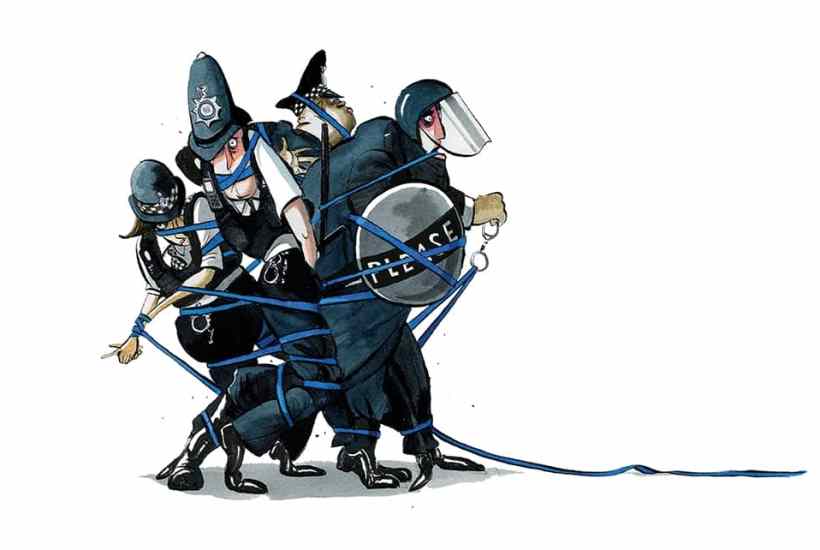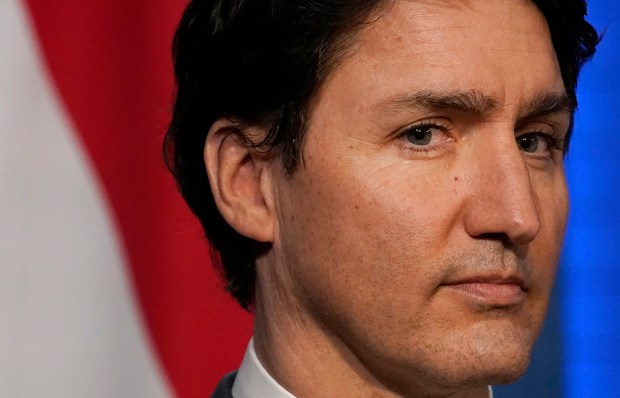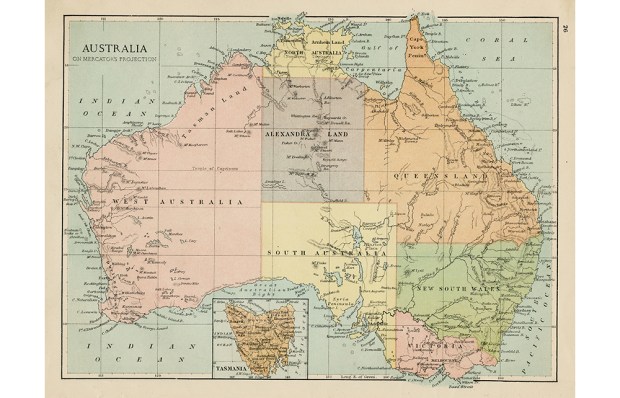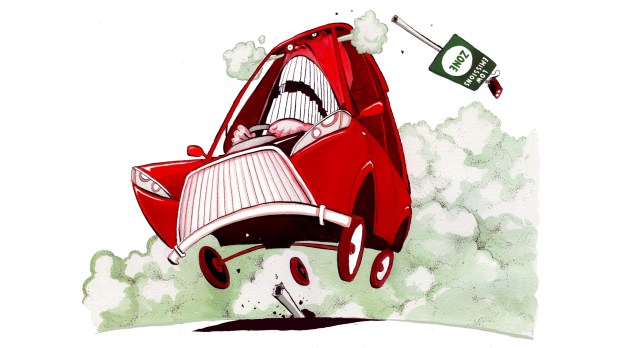I welcome Jacob Rees-Mogg’s recent announcement that he intends to reignite David Cameron’s ‘bonfire of the quangos’ in his capacity as minister for government efficiency. I’m sure many Spectatorreaders will have a particular quango, or arm’s-length body, they’d like to incinerate and I hope they write to him with their suggestions. I’d like to nominate the College of Policing, which is responsible for overseeing the police in England and Wales.
The college made headlines last weekend when it emerged that it had urged the 43 different forces to ‘decolonise’ their training materials in order to recruit a more diverse workforce. It also advised them to ‘consider introducing gender neutral facilities’ and become ‘Stonewall Champions’ to make themselves more attractive to transgender applicants. In addition, training staff were warned that ‘not giving individuals the time to reflect on unconscious bias training may lead to unconscious bias’.
If you think chief constables will have the good sense to ignore this gobbledegook, think again. In 2014, the college issued its infamous Hate Crime Operational Guidance which introduced the novel concept of a ‘non-crime hate incident’ (NCHI). This is defined as ‘any non-crime incident which is perceived by the victim or any other person to be motivated by hostility or prejudice’ towards one or more of the victim’s ‘protected’ characteristics, i.e., their race, religion, sexual orientation, disability or transgender identity. The College advised chief constables that any reports their officers received of these ‘non-crimes’ being committed must be investigated and recorded – and the chief constables duly obliged.
According to the Telegraph, 34 police forces in England and Wales recorded 119,934 NCHIs in the five-year period following the introduction of the guidance, which by my reckoning is an average of 65 a day. If you assume the other nine forces have been recording them at a similar rate – and it’s continued at the same frenetic pace since – that brings the total to nearly a quarter of a million. This is an extraordinary number of man hours devoted to investigating ‘non-crimes’, particularly when you consider the police solved just over 5 per cent of burglaries in England and Wales last year. Such are the priorities of the College of Policing.
Rees-Mogg has written to his cabinet colleagues asking them to consider whether the arm’s-length bodies in their departments are offering good value for money, and by that yardstick the college isn’t faring very well. According to its latest annual report and accounts, available at Companies House, its total expenditure in the year ending 31 March 2021 was £71,078,000. In the same period it brought in £24,285,000 from contracts with customers for training police, meaning it made a net loss of £46,793,000. (The previous year it lost £41,642,000.) Fortunately, that’s a rounding error in quango-world.
‘The directors have a reasonable expectation that the college has adequate resources to continue in operational existence for the foreseeable future,’ the report says. ‘The basis of this is continued support from the Home Office.’ Sure enough, in the same year the college lost £46,793,000 it received £49 million in grant-in-aid from the Home Office. Incidentally, one telling detail I noticed in the report is that only 2 per cent of the college’s employees, contractors and secondees in 2020-21 were black. Yet this is the organisation that presumes to lecture the police on how to diversify its workforce.
The accounts reveal that the highest–paid director of the college is on a salary of £207,500, which is a good deal more than the Prime Minister. Presumably, this is the genius who decided to fight tooth and nail when an ex-policeman called Harry Miller challenged the legality of the college’s guidance on NCHIs in the courts and won. (He was miffed when an NCHI was recorded against him for retweeting a comic verse about transgender people.)
The Court of Appeal ruled last December that insisting that police forces record all NCHIs, regardless of how serious they are, is an unlawful interference in the right to freedom of expression, given that they can show up on people’s records when prospective employers carry out Enhanced Disclosure and Barring Service checks. Miller estimates that the College of Policing has run up legal fees in excess of £350,000 fighting and losing his case.
Needless to say, the unlawful guidance is still on its website and I expect police officers are still dutifully recording NCHIs to this day.
Got something to add? Join the discussion and comment below.
Get 10 issues for just $10
Subscribe to The Spectator Australia today for the next 10 magazine issues, plus full online access, for just $10.
You might disagree with half of it, but you’ll enjoy reading all of it. Try your first month for free, then just $2 a week for the remainder of your first year.















Comments
Don't miss out
Join the conversation with other Spectator Australia readers. Subscribe to leave a comment.
SUBSCRIBEAlready a subscriber? Log in